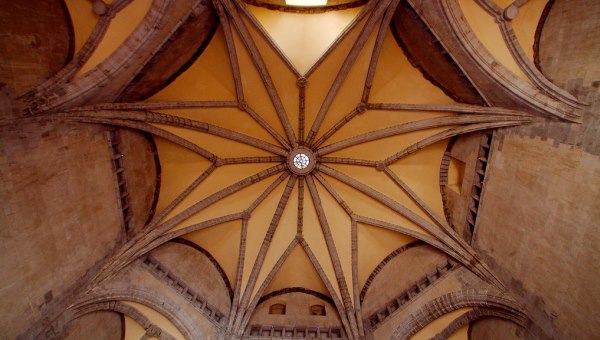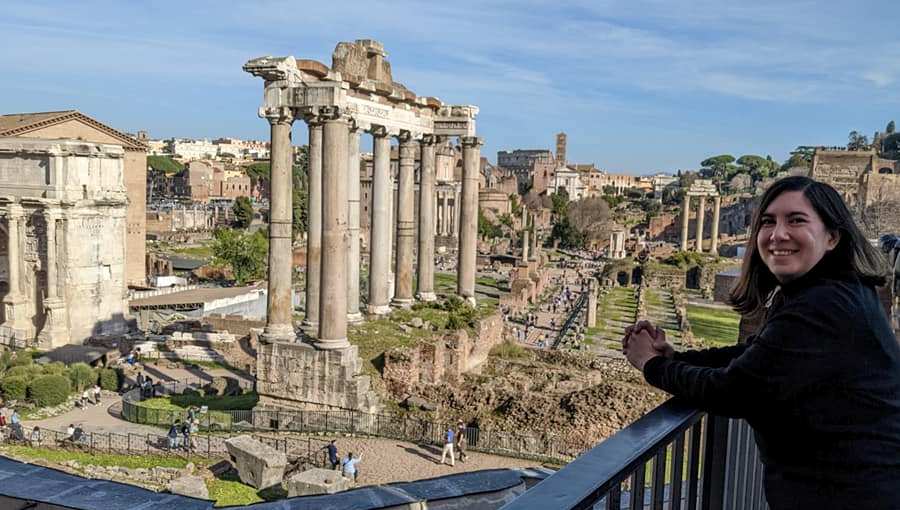JCU Hosts Virtual Conference on Cultural Heritage “Il futuro vive di cultura” (The Future Feeds on Culture)

“Summer Holiday 2011 Napoli” by F.d.W. is licensed under CC BY-NC-ND 2.0
On November 23, John Cabot University hosted an online conference in Italian, called “Il futuro vive di cultura: nuove frontiere e modi di fruizione del patrimonio culturale.” The moderator was Antonella Salvatore, JCU Marketing Professor and Director of the Center for Career Services & Continuing Education. The guest speakers were JCU President Franco Pavoncello, Remo Tagliacozzo (CEO at Zètema Progetto Cultura, a company that manages some of the most important museums and sites in Rome) and Umberto Croppi (Director of Federculture, the association that represents the most important Italian companies in the field of culture.)
President Pavoncello underlined how the Covid-19 pandemic has changed the way people experience Italian cultural heritage since most of our social and commercial life has transitioned to digital outlets. “For John Cabot University, this means focusing on young people, providing them with an experience that integrates academia, culture, and life experience,” said Pavoncello.
He explained that, in the last ten years, JCU has hosted thousands of international students, who have had the chance to combine the study of art and culture with notions of management, psychology, and digitization. Students also put their knowledge into practice thanks to the internship opportunities offered by JCU’s partner companies.
Regarding the need to introduce technology in the cultural environment, Tagliacozzo underlined that, even before the pandemic, Zètema Progetto Cultura initiated the digitalization of most services and events. An example is the augmented reality used at Ara Pacis, the Forums of Augustus and Caesar, and the Circus Maximus. Tagliacozzo stated that only 11,5% of Italian state museums are digitalized and this should change, because culture should become a more accessible product.
Croppi agreed adding that digitalization should be the starting point of a change in the relationship between culture and visitors. In some American museums, visitors are involved in a thorough and interactive experience, thanks to technology, augmented reality and 3D rooms. Even though technology can never replace the live experience, it can be a surrogate or a complement when it is impossible to be physically present.
Croppi also expressed his wish for greater diversification of professional figures in Italian cultural institutions. “We need to learn that there are different aptitudes and skills. For example, the content of an exhibition should be decided by a historian, but its organization and presentation should be handled by a communications expert,” said Croppi.
For this reason, Tagliacozzo encouraged students interested in the field of culture to take management courses and to have a broader vision of the cultural system. Cultural managers should offer services that reflect visitors’ needs and expectations. “If we want to turn culture into a product, we should consider what customers like, not only what managers like,” said Tagliacozzo.
Pavoncello concluded that the repercussions of the current pandemic will last for years and that all types of innovation will have no effect if in-presence visits do not start again. This is why the next step will be to implement safety protocols in order to relaunch tourism.
(Giorgia Tamburi)





